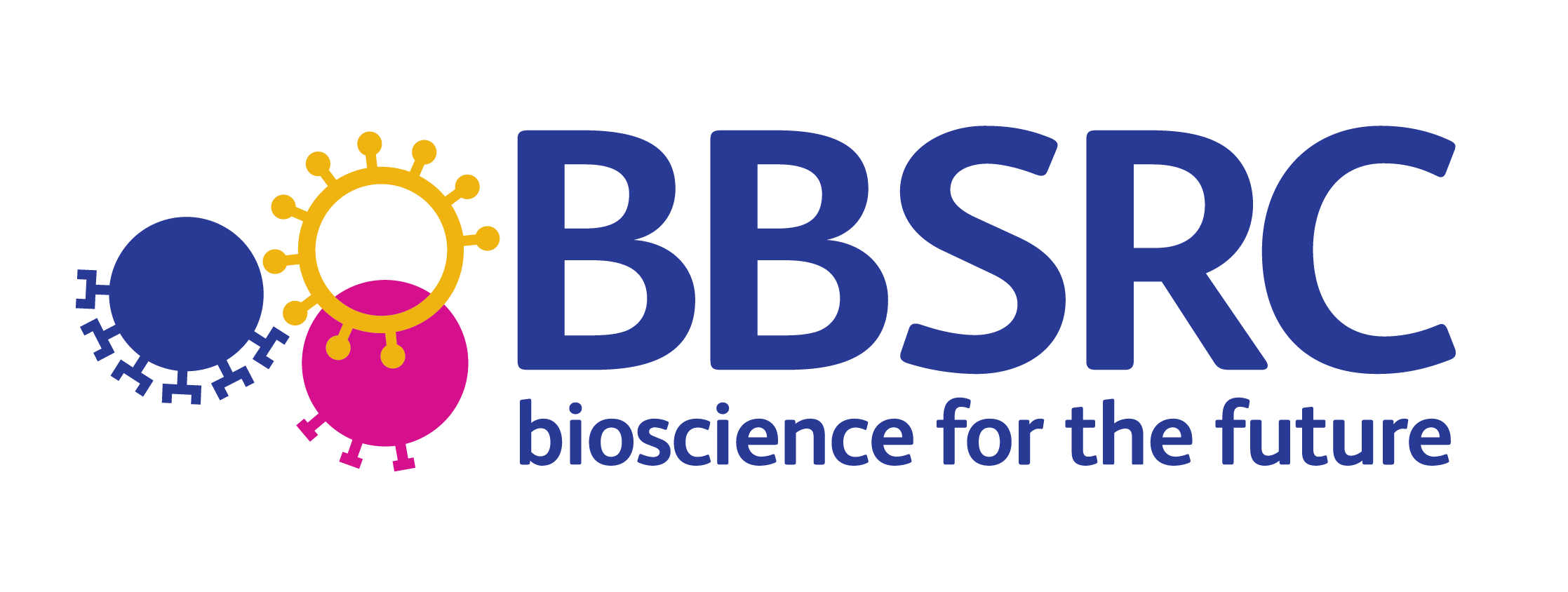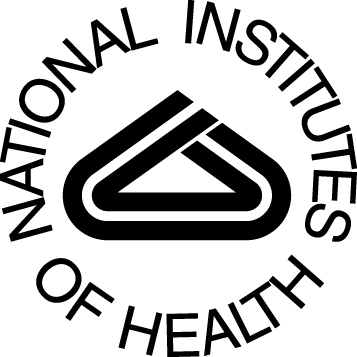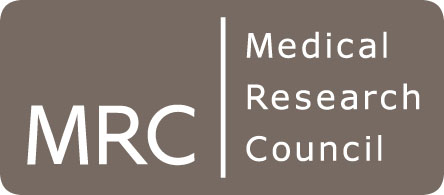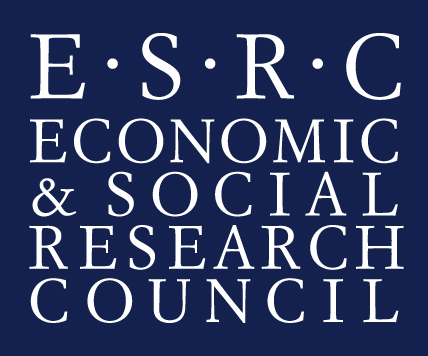Our Aims and Objectives
- Provision of full services and service exemplars for domains of interest to the UK academic community, leveraging the UK e-Science framework, grid technology, relevant standards and OMII-UK middleware. In the first phase NaCTeM concentrated on biology.
- Provide access to text mining tools and resources by
- Maintaining an inventory of best of breed software
- Linking to resources, e.g. annotated corpora, ontologies, terminologies, grammars
- Provide consultancy and advice
- Provide education and dissemination through online tutorials, white papers, updated news and events, seminars, training workshops, etc.
- Provide user oriented formative and summative adequacy evaluation of service provision, and developer oriented progress evaluation of text mining tool and service provision.
NaCTeM's tools and services offer benefits to a wide range of users eg. reduction in time and effort for finding and linking pertinent information from large scale textual resources and customised solutions in semantic data analysis You can find a fuller description of the aims and objectives of the Centre in our article in Ariadne Magazine.
S. Ananiadou (2007) The National Centre for Text Mining: a Vision for the Future, in Ariadne (53) , paper on line
Featured News
- NaCTeM success at EMNLP 2025 - 7/7 papers accepted
- 1st Workshop on Misinformation Detection in the Era of LLMs - Presentation slides now available
- Prof. Ananiadou appointed Deputy Director of the Christabel Pankhurst Institute
- ELLIS Workshop on Misinformation Detection - Presentation slides now available
- Prof. Sophia Ananiadou accepted as an ELLIS fellow
- BioNLP 2025 and Shared Tasks accepted for co-location at ACL 2025
- Prof. Junichi Tsujii honoured as Person of Cultural Merit in Japan
Other News & Events
- AI for Research: How Can AI Disrupt the Research Process?
- CL4Health @ NAACL 2025 - Extended submission deadline - 04/02/2025
- Invited talk at the 15th Marbach Castle Drug-Drug Interaction Workshop
- Participation in panel at Cyber Greece 2024 Conference, Athens
- Shared Task on Financial Misinformation Detection at FinNLP-FNP-LLMFinLegal








